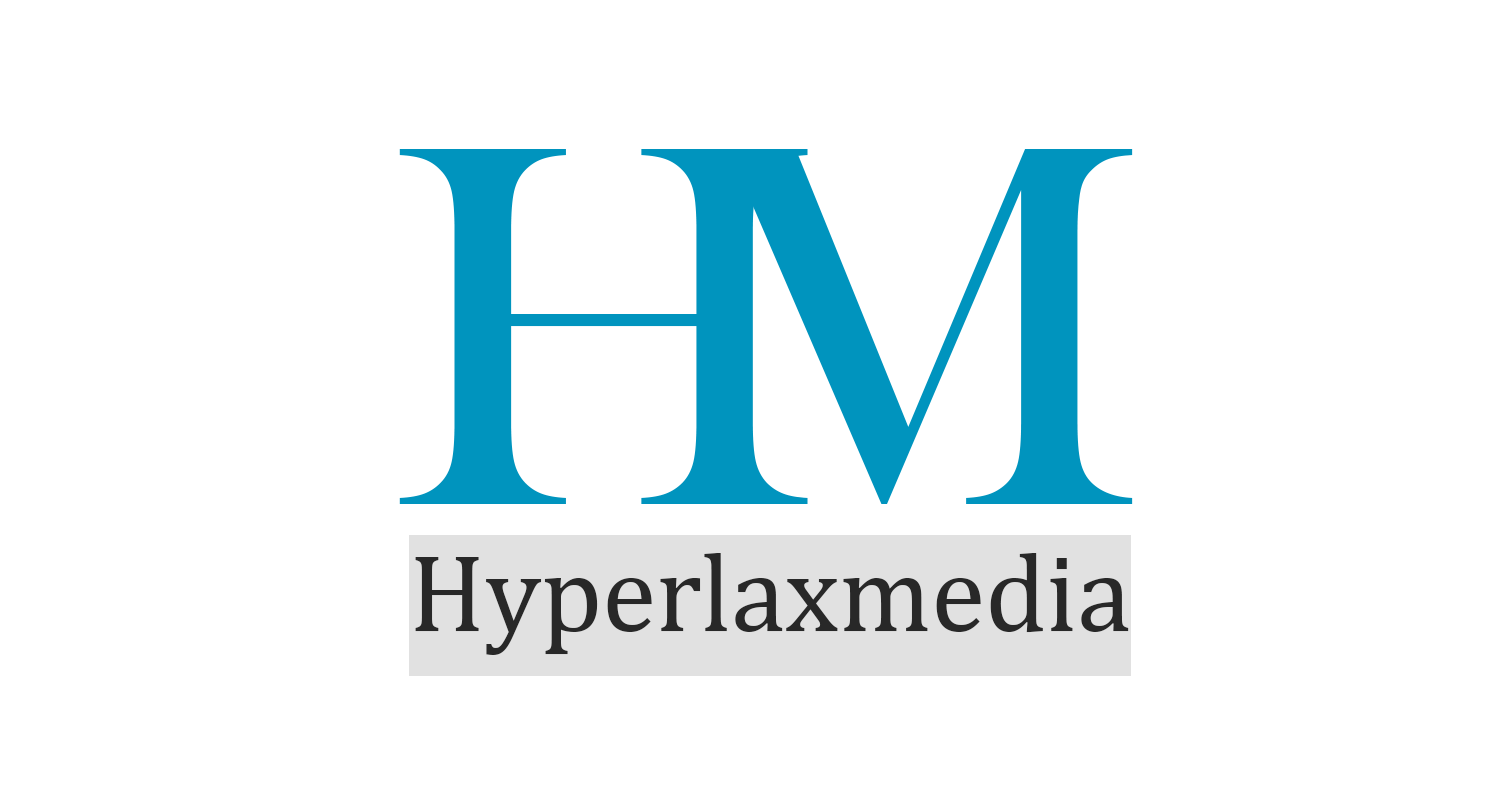Merchant Cash Advances (MCAs) often seem like a lifeline for struggling or growing small businesses. When traditional banks say no, MCA providers step in with quick funding and fewer credit requirements. But behind the fast money lies a maze of hidden costs and deceptive tactics. One of the most pressing concerns that business owners need to be aware of today is MCA theft. Unlike traditional loan fraud, MCA theft involves misleading terms, unauthorized fund withdrawals, and manipulation of agreements, all designed to extract more than what was agreed upon. As more companies fall prey to these schemes, it’s important to know how they work and how to spot them early.
How MCA Theft Happens Without Warning
Many businesses experience MCA theft without even realizing it at first. This form of financial abuse can happen in multiple ways. It often starts with vague or misleading contracts that confuse the borrower. Once the MCA agreement is signed, lenders may use aggressive methods to collect payments—sometimes withdrawing more money from the business account than allowed. Others may reroute payments, lock business owners into renewal traps, or even charge phantom fees that were never part of the deal. In some cases, multiple MCAs are stacked together, each one pulling money out daily, leading to rapid financial drain. By the time business owners realize they’ve been victims of MCA theft, the damage has already been done.
The Growing Controversy Over MCA Underwriting Fee
Another hidden threat within the MCA world is the MCA underwriting fee. While some underwriting fees are standard for evaluating risk, many providers use them as a way to charge exorbitant upfront costs. These fees are often non-refundable, regardless of whether funding is approved or not. Businesses desperate for cash may pay thousands in MCA underwriting fee charges without ever receiving any funds. Others may get approved but realize that a large portion of their advance has already been eaten away by these fees. This not only reduces the available capital but also raises the effective cost of borrowing far beyond what was originally understood. When this happens in combination with MCA theft, it creates a double financial burden on small businesses.
The Impact on Small Business Owners
For entrepreneurs trying to stay afloat or expand, falling victim to MCA theft or predatory MCA underwriting fee practices can be devastating. It can lead to drained accounts, legal threats, and even bankruptcy. Some business owners have reported that after taking one MCA, they were quickly approached by multiple other providers promising “relief” funding—only to fall deeper into debt. These cycles are difficult to escape and often lead to aggressive collections and litigation. The emotional and financial toll is massive, especially for those who entered into the agreement without fully understanding the consequences. It’s essential for business owners to educate themselves and ask tough questions before signing any MCA agreement.
How to Protect Your Business from MCA Abuse
The best way to prevent falling victim to MCA theft and inflated MCA underwriting fee costs is to read the fine print, seek legal advice, and research the provider’s background. Never rush into a deal, no matter how urgent your funding needs are. If a provider is unwilling to clearly explain their fees or threatens you into quick decisions, it’s a red flag. Understanding the real cost of an MCA—not just the rate, but also the structure and hidden charges—is key. Also, monitor your bank account closely for any unauthorized withdrawals once a deal is signed. Transparency and accountability should be non-negotiable when selecting any financial partner.
Conclusion
MCA agreements can offer fast solutions, but they also open the door to financial exploitation if not handled carefully. Business owners must remain vigilant about potential MCA theft and unreasonable MCA underwriting fee practices that can cripple their finances. If you believe you’ve been misled or abused by an MCA provider, seeking professional legal advice is your strongest line of defense. For expert legal help in MCA-related issues, visit grantphillipslaw.com to learn more about how your rights can be protected.

